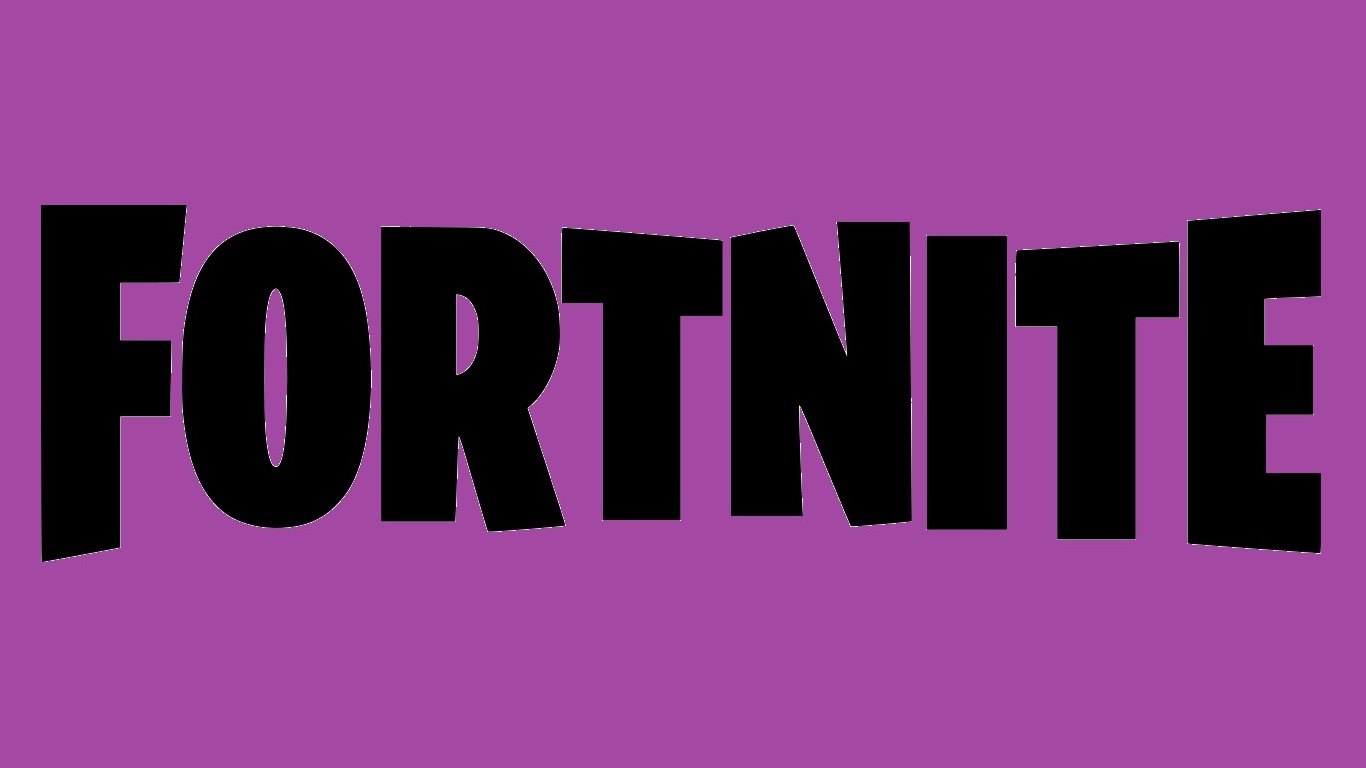
With the next chapter of the Epic Games lawsuit against Apple Inc. (NASDAQ: AAPL) set to begin in a few more weeks, the two companies have just filed documents with the court outlining the positions and arguments they plan to use in the trial. At issue is Apple’s requirement that all apps available from the App Store use only Apple’s in-app payment system, a requirement that Epic, maker of Fortnite, challenged, and that led to Apple booting the game from the App Store last year.
[in-text-ad]
According to a report in Ars Technica, the key element in Apple’s defense is that app developers have many other choices of platforms and devices they could develop and sell apps for. If a developer doesn’t want to follow Apple’s rules, then that developer can publish the app somewhere else.
Apple sees the weak spot in that argument and tries to deflect it:
Apple has no monopoly or market power in the relevant product market for game app transactions. And there is no claim that it had any such power when the restrictions at issue were imposed around the launch of the App Store. …
Apple has no obligation to license its intellectual property, and aside from a limited exception not applicable here, businesses are free to choose the parties with whom they will deal, as well as the prices, terms and conditions of that dealing.
As for the 30% royalty the company charges to developers that exceed $1 million in annual revenue, Apple argues that everybody does it.
Epic makes the obvious counterclaim. Ars Technica summarizes it this way: “iOS is an entire market unto itself and not just one of many competing products in a larger marketplace of video game transactions.”
As for the 30% royalty and requirement to use Apple’s in-app payments, Epic contests Apple’s security claims:
There were no widespread or significant security issues regarding payment with the App Store prior to the introductions of [in-app payments] IAP or the requirement that apps selling subscriptions use IAP rather than alternate payment solutions, nor evidence that IAP is far superior to third-party payment alternatives with respect to security.
As Ars Technica notes, Google’s Android platform is by far the market share leader with more than 70% share of the mobile platform space. But can Apple monopolize its own ecosystem? Ultimately, the arguments boil down to whether the App Store is its own monopoly.
Turning to other legal news, a non-practicing entity (i.e., a patent troll) named Red Rock has filed a lawsuit against modem chipmaker Qualcomm claiming that some of the company’s 5G modem chips, including those in the iPhone 12 and iPhone 12 Pro, infringe on Red Rock’s patent. The suit has been filed in the federal district court for the western district of Texas, a favorite of patent trolls.
Finally, The Wall Street Journal has published an interesting story on how consumer products giant Procter & Gamble has been helping Chinese firms develop a way to gather iPhone data to use in targeting ads to people using the devices. The effort seeks a way around Apple’s soon-to-be-implemented App Tracking Transparency rules that require an app to get a person’s agreement before allowing the app to track the person’s web usage.
The workaround reportedly uses a technique called device fingerprinting that tracks the device and then uses another algorithmic process called probabilistic matching to make a highly educated guess about the person who owns the device.
Thank you for reading! Have some feedback for us?
Contact the 24/7 Wall St. editorial team.

 24/7 Wall St.
24/7 Wall St.



